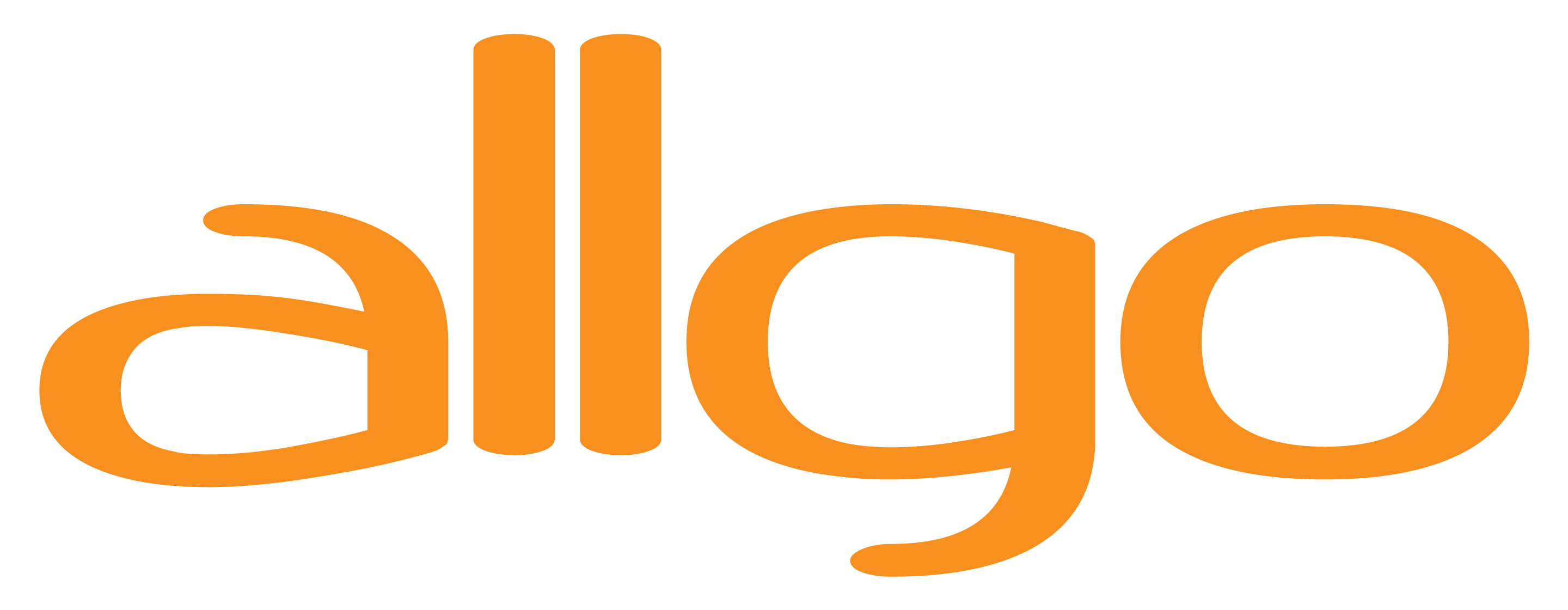Dating can be complicated for many people, but especially for us as queer people of color (QPOC), for whom the process of meeting others to form uplifting and supportive relationships is complicated by the many intersections of our lives. The effects of racism, sexism, and other oppressions are highlighted and made glaringly apparent through dating and intimate encounters. The micro and macro aggressions that we experience at bars, on apps, in person, and online, leave lasting impressions on us as we seek to create and form connections. Our relationships should leave us feeling empowered and uplifted not damaged and disheartened. In our daily lives, we move through many spaces that deem whiteness as most desirable. These spaces are full of people unfamiliar with our unique experiences, which leads us to choose to spend time with those who share our same intersectional experiences, and who, at times aid in the understanding of our own selves.
The fear of being alone, and the desire of being wanted are very real experiences for QPOC living in a world that devalues us. Often times we allow people into our lives who are not the best for us, or keep connections with people for far longer than we other wise would due to those fears. However, when we are forming meaningful connections we want to be critically aware of abusive or unhealthy habits that may be directed at us, such as gaslighting, deliberate lack of communication, cheating and passive aggression. We are better able to recognise when people may need to be let go from our lives when we acknowledge our fears and recognise the unhealthy or abusive habits a person may be displaying.
Being a queer person of color doesn’t magically absolve us from replicating oppression in our communities. The experiences of QPOC with the many different forms of violence and oppression around dating can become internalized by our communities.When dating, it is important that we look critically at how we perpetuate these systems through our actions and behaviors, and work to create spaces that allow us to openly communicate and process the many things that we, as QPOC, have experienced and internalized with our lovers, partners, and sweethearts. We do this by looking critically at ourselves for places where we have internalized and replicated oppression and then work to break down those behaviors and beliefs. We must also cultivate the ability to recognize when we have caused harm to others and earnestly and openly acknowledge that harm. Don’t wait for other community members to point out places where we can do work, but when they do, be open to receiving and internalizing feedback. No one is perfect, and as QPOC raised in a racist, sexist, violent, and oppressive world, learning to undo the internalizations is ongoing process.
Additionally, we want to ensure that we are not looking to individuals we share connections with to be our therapists or doctors. This creates a system where we are passing the energy of oppression from one person to another allowing it to stay in our communities and grow. Instead let’s work to build habits that allow us to talk openly and honestly with our loved ones while moving that energy out of our communities, and leave space for our partners, lovers, paramours and ourselves to grow and heal from trauma. We can start by asking the people we are close with if they are in a place where they can hear and help us process, and leaving room and space for them to tell us no, by recognising when we need and feeling empowered to tell those close to us when we are not in a space to help them process their experiences, ensuring there is a balance where we talk with others not just about our struggles but also our successes and the light within us, and share healing resources, such as competent therapist, or counselors, with each other. Our relationships, however they are structured, should feel empowering and fulfilling for every person involved.
To read more content like this, or to learn about our upcoming events follow us on Facebook, Twitter, and Instagram.



